Southeast Asia Development Symposium
Between 2020 and 2023, ADB organized the Southeast Asia Development Symposium (SEADS) series to convene leaders from government, industry, academia, and the development sector to crystallize thinking on critical development issues and to introduce innovative ideas that can help countries make their economies more prosperous, knowledge-driven, and sustainable.
Image
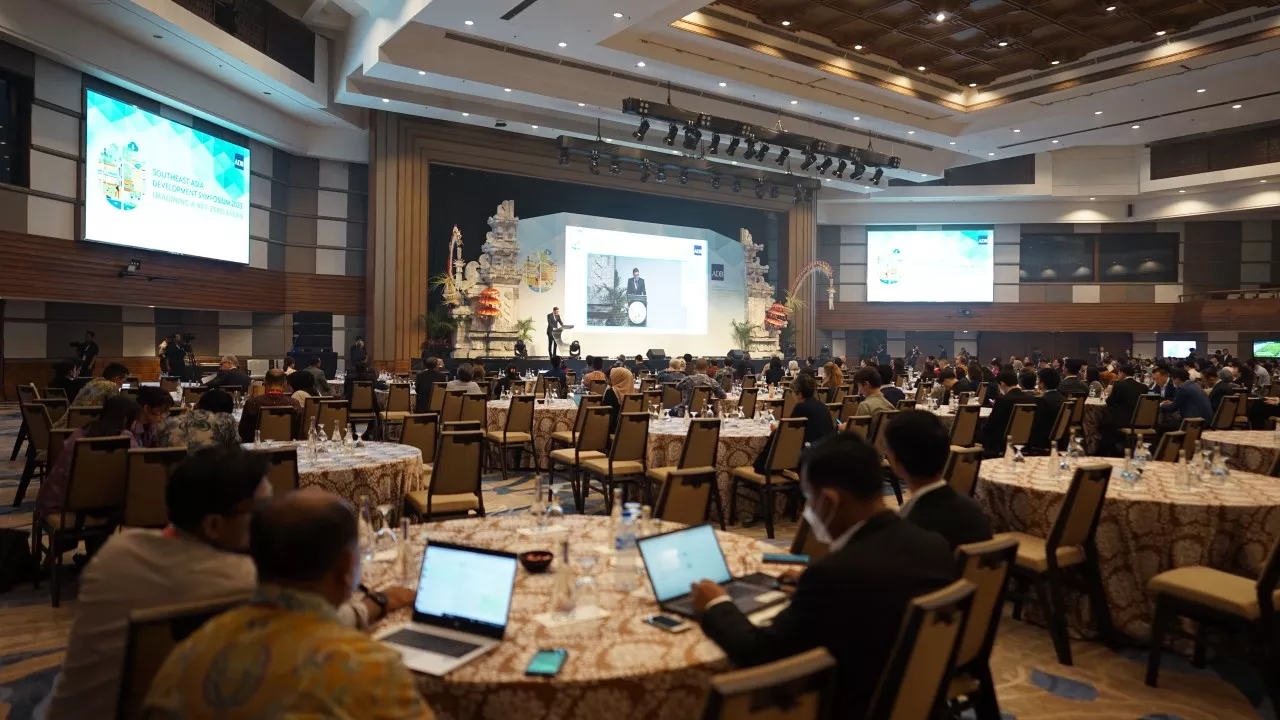
Year | Date | Theme | Format/Venue |
| 2023 | 29 March | Imagining a Net-Zero ASEAN (Agenda, Highlights, Recordings) | Hybrid/Bali, Indonesia |
| 2022 | 16 to 17 March | Sustainable Solutions for Southeast Asia’s Recovery (Agenda, Highlights, Recordings) | Virtual |
| 2021 | 17 to 18 March | Innovation through Collaboration: Planning for an Inclusive Post-COVID-19 Recovery (Agenda, Highlights, Recordings) | Virtual |
| 2020 | 19 October | The New Normal: Driving Economic Recovery through Digital Innovation (Agenda, Recordings) | Virtual |
2023
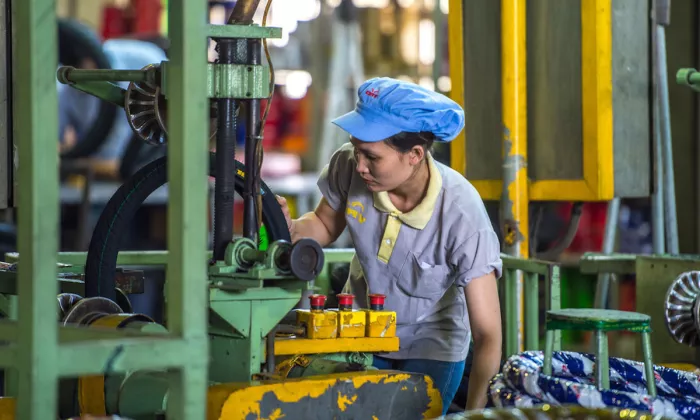
Article
This would entail significant policy change, grant of incentives, and reskilling or upskilling of the region's workforce.
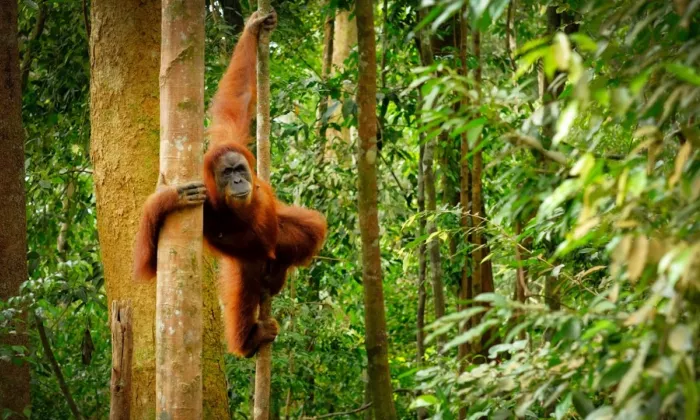
Article
An Indonesian nonprofit provides affordable healthcare and alternative livelihoods in West Kalimantan to encourage local communities to protect and preserve climate-critical forests.
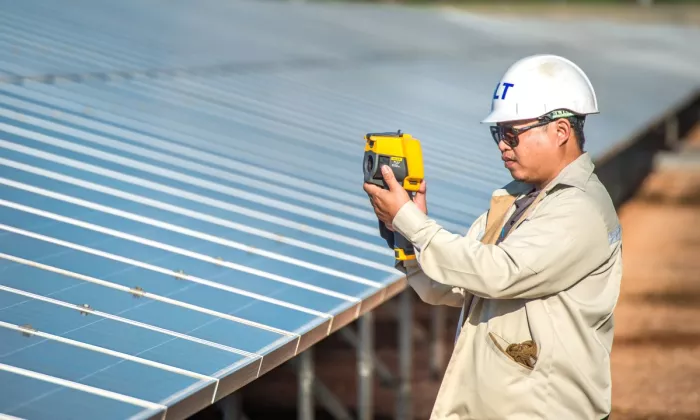
News
To unlock these opportunities, however, the region needs joint action from multiple stakeholders to provide regulations, standards, manufacturing sector reforms, and other initiatives.
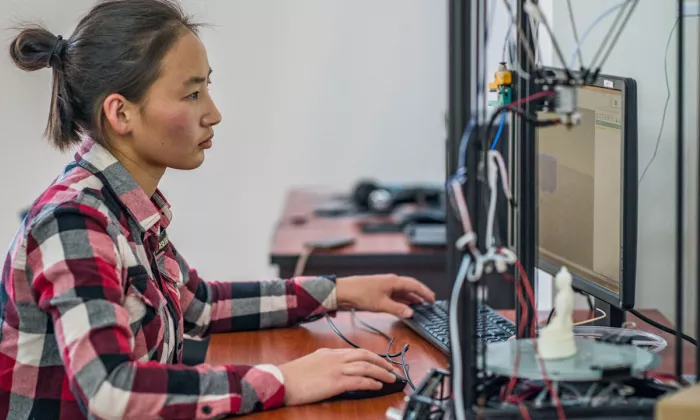
Article
Making the labor force more diverse, inclusive, and capable of taking on green jobs is crucial for Southeast Asian nations to reach their net-zero goals by 2050.
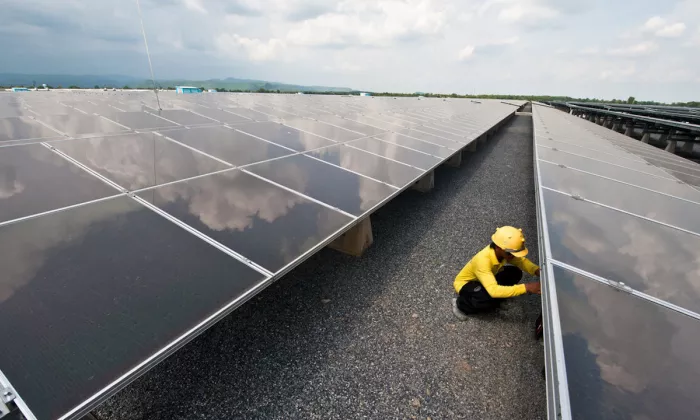
Article
Southeast Asia needs to mobilize private capital fast as existing financing going into the renewable energy sector is not enough.
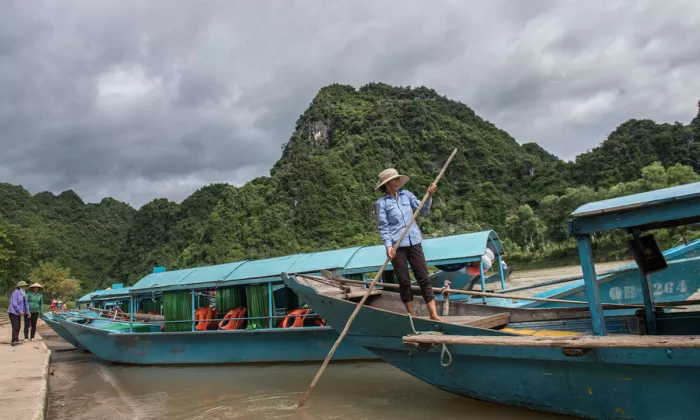
Article
Opportunities are emerging for net-zero tourism as travelers demand sustainable options and are willing to spend more to shrink their carbon footprint.
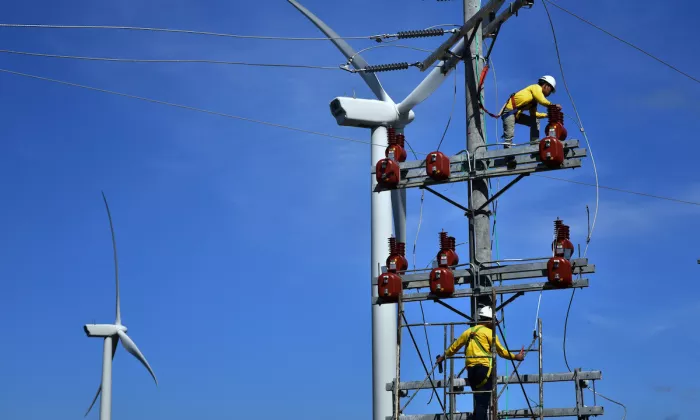
Article
Accelerating the adoption of solutions that can mitigate climate impacts and advance decarbonization now more urgent than ever, say experts.
Video
At present the ratio of investments going into fossil fuel and the renewable energy sectors is on par.
Video
Unlocking the region’s potential for the three opportunities would depend on whether the right enablers are in place, including regulatory policies, business ecosystems, technologies, and funding.
Video
Climate impacts among challenges threatening ASEAN's position in global value chains
Video
To ensure that no one is left behind, governments and employers must be mindful of existing inequalities, expand the green labor pool, and equip workers to fully contribute to the change.
Video
There is increasing demand for sustainable, low-carbon options among travelers.
2022
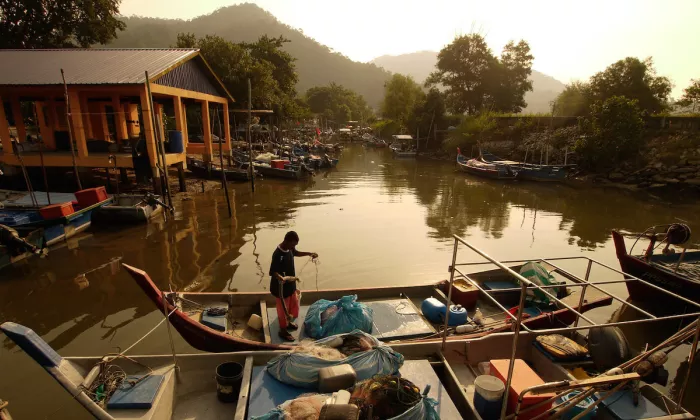
Article
Local government leaders deploy technology and tap green financing and other innovative approaches to bolster resilience.
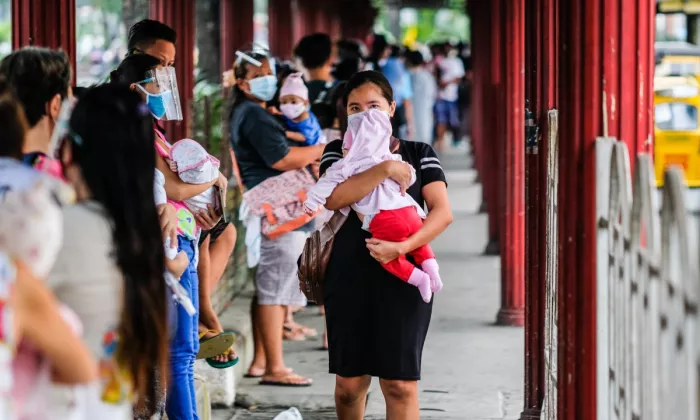
News
With the pandemic amplifying the inequalities plaguing the region, it has become more urgent to adopt inclusive solutions to build back better.
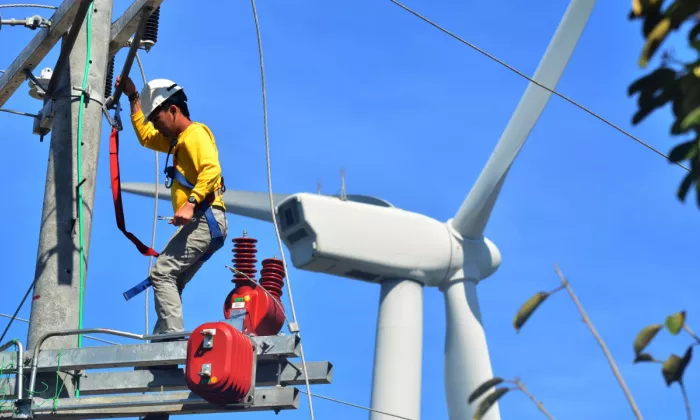
Article
Southeast Asia needs to rapidly mobilize private funds to meet the region's financial needs of $210 billion per year in adaptation and mitigation investments.

News
As the region starts reviving travel, there is a growing consensus the pandemic is an opportunity to fix structural issues that have plagued tourism over the years and rebuild it greener.
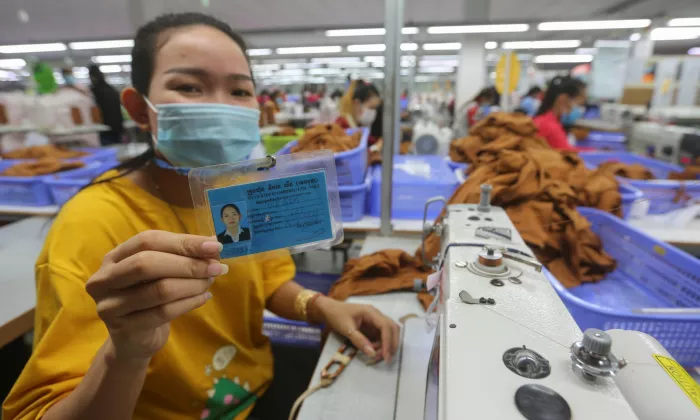
News
While Southeast Asia is showing signs of recovery in the wake of the pandemic, economies need to counter headwinds including tighter interest rates, widespread unemployment, weak investment prospects, emerging variants, and higher inflation.
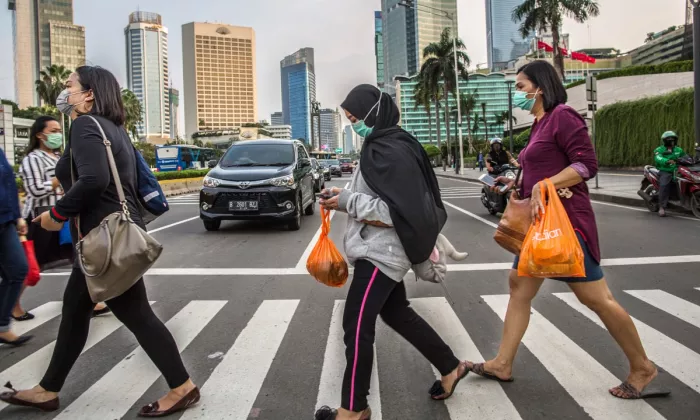
News
Seize Opportunities to Rebuild Tourism and Reimagine Cities of the Future, Say Leaders at SEADS 2022
The pandemic is an opportunity to rebuild and reimagine tourism and cities so they are more sustainable, inclusive, and less susceptible to shocks.
Video
A deep-dive workshop at SEADS 2022 discussed ways of making tourism destinations in the region more resilient to disasters and other risks and disruptions.
Video
Having political leaders who can implement initiatives and make policy changes vital to building livable cities.
Video
There is a growing consensus that the COVID-19 pandemic is an opportunity to make tourism greener.
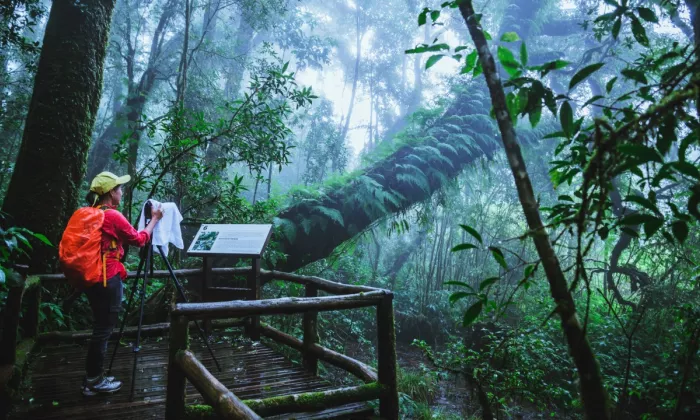
Article
While the pandemic has upended tourism in Southeast Asia, it also offers a unique opportunity for the industry to build back greener.
Video
Southeast Asia needs to rapidly mobilize private funds to meet the region's financial needs of $210 billion per year in adaptation and mitigation investments.
Video
Avoiding structural issues that plagued the sector a major challenge.
Video
Collaboration key to fostering an inclusive recovery for the region
2021
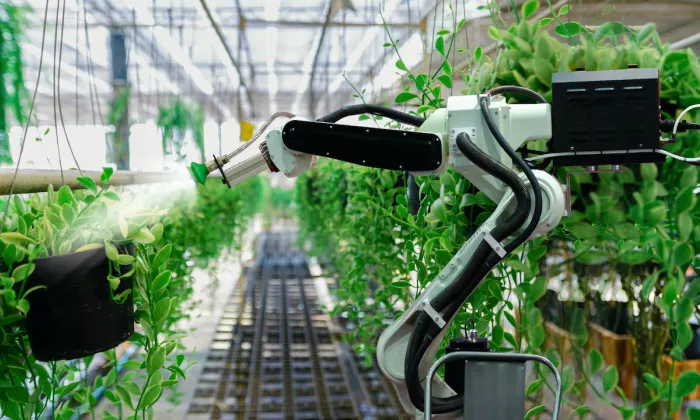
Article
With so many advances in AI, science fiction is now becoming science fact—and our cities are the better for it.
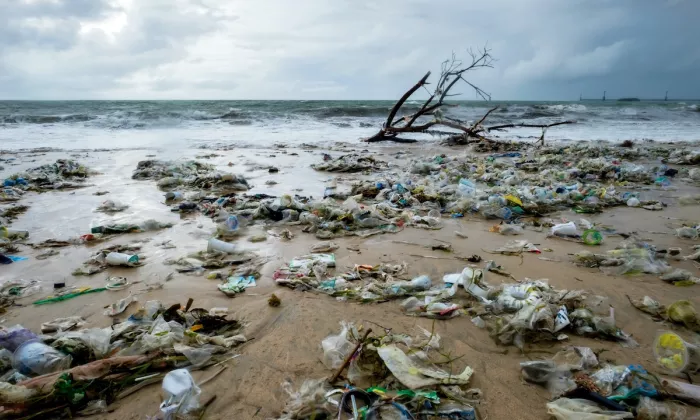
Article
Melati Wijsen’s offensive against plastic pollution is a lesson on how to make impactful change.

Article
To turn the tide against the pandemic, all hands should be on deck.
Video
AI Opens Infinite Possibilities in Building Smart Cities and Fostering Inclusive Growth | SEADS 2021
With AI, cities can better serve citizens seeking good healthcare, education, security, and food security.
2020
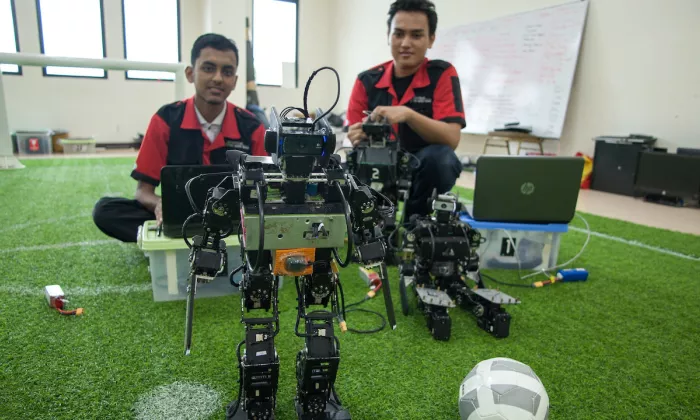
Article
Technology now plays a bigger role on how the public and private sectors are collaborating.
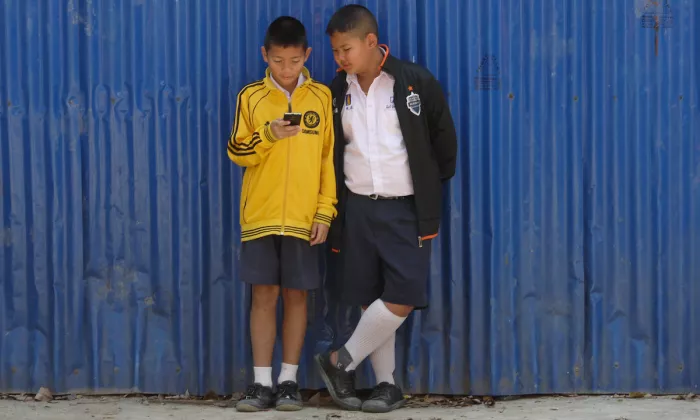
Article
One of the main challenges is bridging the digital divide in the region.